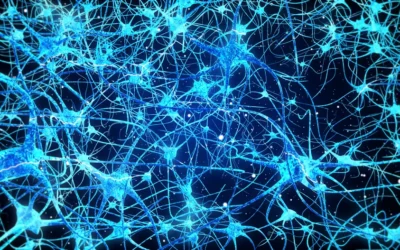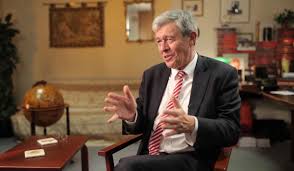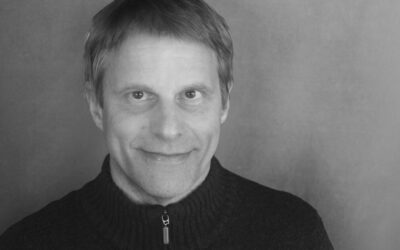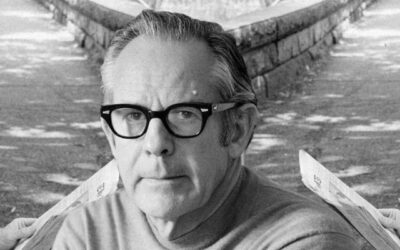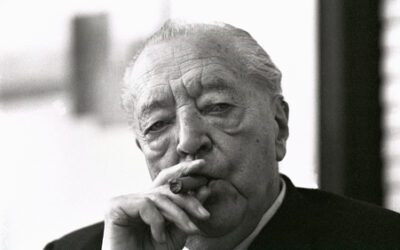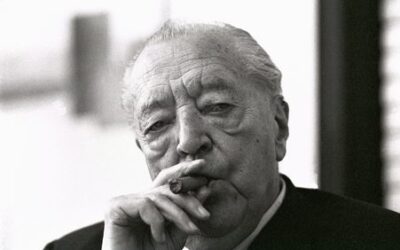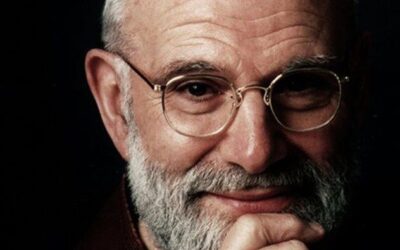Our blog is designed as a resource for those seeking to deepen their understanding of the human psyche and its expression through culture, therapy, and history. Below, you'll find an overview of the diverse topics we cover and an invitation to explore the categories that resonate most with your interests. Jungian Innovators Dive into the foundational ideas of depth psychology with articles that celebrate the works of Jungian visionaries such as Carl Jung, James Hillman, Marie-Louise von Franz, and more. These...
Integrating qEEG BrainMapping into Your Clinical Practice
Unlocking the Power of qEEG Brain Mapping and Neurostimulation: A Game-Changer for Mental Health Treatment Mental health conditions such as ADHD, autism spectrum disorder (ASD), PTSD, anxiety, and depression can significantly impact an individual's quality of life, relationships, and overall well-being. While traditional treatment approaches like therapy and medication can be effective, cutting-edge technologies such as qEEG brain mapping and neurostimulation are revolutionizing the field of mental health...
The Predictive Mind: Karl Friston’s Free Energy Principle and Its Implications for Consciousness
The nature of consciousness has long been one of the most profound and perplexing questions in cognitive science, neuroscience, and philosophy. How does subjective experience arise from the objective, physical processes of the brain? What is the relationship between mind and matter, between the inner world of thoughts and feelings and the outer world of neurons and synapses? In his revolutionary work on the Free Energy Principle (FEP), neuroscientist Karl Friston offers a compelling new perspective on...
Molecular Mechanisms of Memory: Insights from the Work of Todd Sacktor
Memory is one of the most fundamental and fascinating aspects of cognition. Our ability to form, retain, and retrieve memories shapes our sense of self, our relationships with others, and our understanding of the world around us. Yet despite its centrality to the human experience, the precise mechanisms by which memories are formed, stored, and maintained in the brain have long remained elusive. In recent decades, however, remarkable progress has been made in unraveling the molecular and cellular basis of memory....
Consciousness as Integrated Information: Tononi’s Theory and Its Implications for Machine Consciousness
The question of consciousness—how subjective experience emerges from physical processes—has challenged philosophers, psychologists, and neuroscientists for centuries. How does the brain, composed of billions of neurons and trillions of synapses, give rise to our rich inner life of thoughts, feelings, and perceptions? And could a machine ever possess similar qualities of consciousness? In his groundbreaking Integrated Information Theory (IIT), neuroscientist Giulio Tononi offers a mathematically rigorous approach...
Viktor Frankl: Finding Meaning in the Face of Suffering
1. Who Was Viktor Frankl? Viktor Emil Frankl (1905-1997) was a pioneering psychiatrist, neurologist, philosopher, and Holocaust survivor whose groundbreaking work transformed our understanding of human suffering, resilience, and the search for meaning. Born in Vienna, Austria, Frankl survived three years in Nazi concentration camps, including Auschwitz and Dachau, an experience that profoundly shaped his therapeutic approach and philosophical outlook. His innovative theories integrated existential philosophy,...
The Theories and Ideas of Rollo May
Existential Psychotherapy and the Human Condition 1. Introduction: Rollo May and the Existential Approach Rollo May (1909-1994) stands as one of the most influential figures in American psychology, renowned for introducing existential psychology to the United States and reshaping therapeutic approaches through his integration of philosophy, psychology, and profound human insight. Just as Robert Moore would later bring archetypal psychology into mainstream consciousness, May bridged European existential philosophy...
Ludwig Binswanger: Pioneer of Existential Analysis
Ludwig Binswanger (1881-1966) was a seminal figure in the history of psychiatry and psychotherapy. As the founder of existential analysis or "Daseinsanalysis," he developed an innovative approach that fused insights from Martin Heidegger's existential philosophy with clinical psychotherapeutic practice. Binswanger's work profoundly influenced the development of humanistic, phenomenological, and existential schools of psychotherapy in the 20th century. His ideas provide an important bridge between the medical...
Medard Boss and Daseinsanalysis
A Phenomenological Approach to Human Existence 1. Who Was Medard Boss? Medard Boss (1903-1990) was a Swiss psychiatrist and psychoanalyst who pioneered Daseinsanalysis, a revolutionary approach to psychotherapy grounded in Martin Heidegger's phenomenological philosophy. After initially training in Freudian psychoanalysis, Boss underwent a profound intellectual transformation upon encountering Heidegger's work, which led him to develop a therapeutic approach that rejected the mechanistic, deterministic models of...
James F. T. Bugental: Existential Humanism
James F. T. Bugental (1915-2008) was a pioneering American psychotherapist and a key figure in the development of existential-humanistic psychology. Over a career spanning more than 50 years, Bugental made significant contributions to the theory and practice of psychotherapy, with a particular focus on the transformative power of authentic presence and the exploration of "life-changing moments" in the therapeutic encounter. This essay provides an overview of Bugental's key ideas and their enduring influence on...
Emmy van Deurzen: Existential Therapy Across Four Dimensions
Emmy van Deurzen is a leading contemporary existential therapist and philosopher based in Britain. Born in the Netherlands, she has been instrumental in developing the existential approach to psychotherapy and making it accessible to a wide audience. Key Ideas and Contributions Four Dimensions of Existence Central to van Deurzen's approach is the idea that human existence plays out across four dimensions: Physical Dimension: Encompassing the natural world and our bodily reality. It involves grappling with the...


